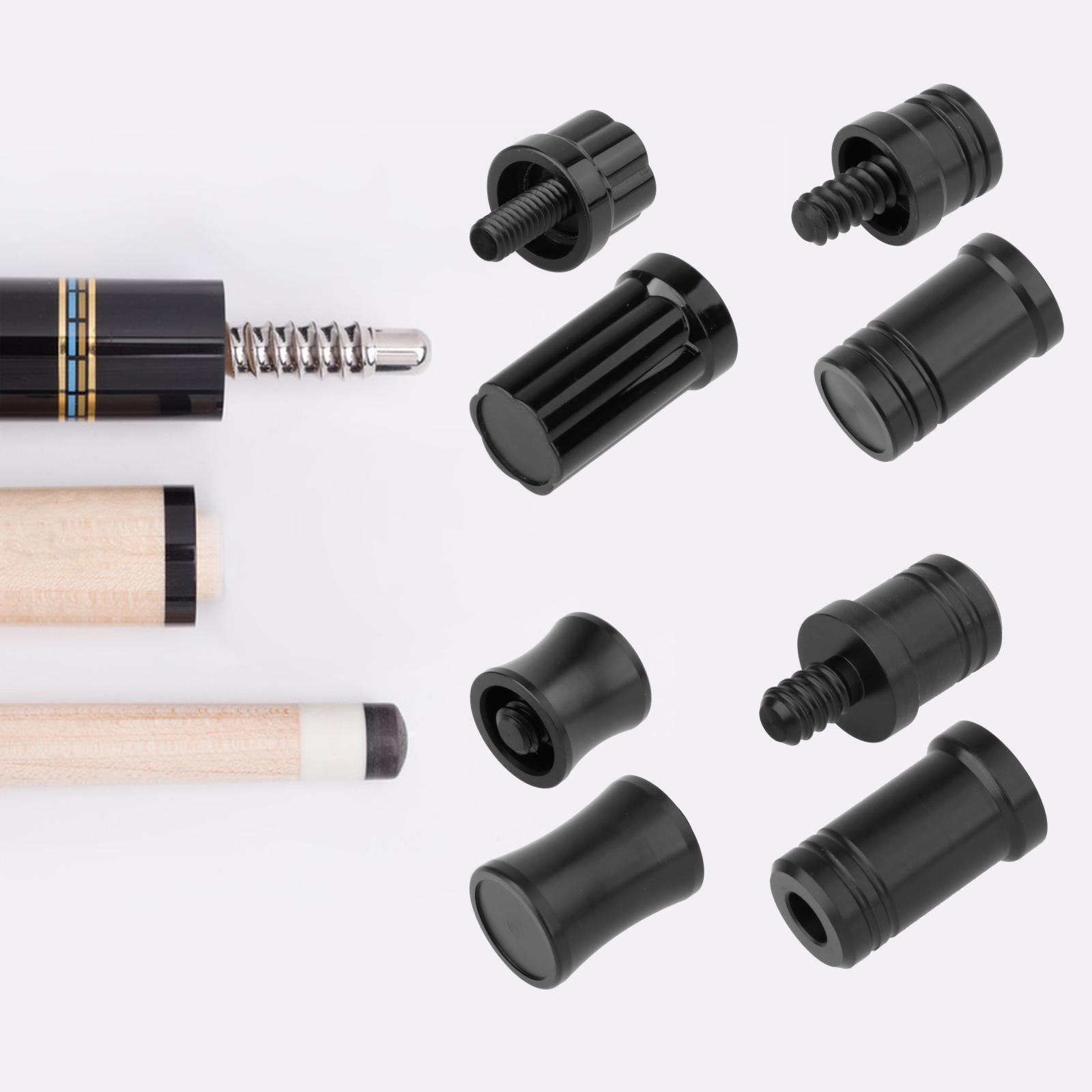
Pool balls are used in billiard games. Although made of many different materials they are often made from phenolic. Phenolic Resin is a mixture formaldehyde-phenol. These two compounds are well-known for their durability, scratch resistance, and strength. The mixture is also resistant to high temperatures. The resin will fade and turn yellow if it is exposed to sunlight.
Wood was the first material used to make pool balls. These balls were strong, but they became crackly with age. Leo Baekeland, a 19th-century chemist, created a new plastic material that wasn't flammable. This material was called bakelite, and soon it replaced wood in the making of pool balls.
The process of creating pool balls was a costly one. It took a while to create the balls. To get a better understanding of the inside, one could split a ball in half. The balls needed to be formed under high pressure.

After the first version of bakelite was developed, other inventors began experimenting with chemical substances to make pool balls. These innovations were some of the most important in the history of synthetic plastics.
Although phenolic rubber is a good choice for pool ball balls, its cost is higher than its counterpart in polyester. If you don't mind spending a lot on pool ball, then the polyester alternative might be the best for you. The polyester alternative will not keep its color as long as phenolic.
The manufacturing of a phenolic rubber ball takes about 23 days. Each step is carefully examined to ensure that there are no impurities. The phenolic resin balls can also be stored at lower temperatures than the polyester balls. They are therefore more durable and last longer.
Aramith is a leading manufacturer of phenolic resin pools balls. Their phenolic pool balls are extremely durable and retain their shine up to 40 year. They are also significantly less expensive than the polyester balls. Those who want to upgrade to a more high-quality set of balls should consider the Aramith Premier, which includes superior resin technology.

Iszy is another manufacturer of pool balls. It uses a mixture of phenolic as well as polyester resin. These pool balls may be cheaper than phenolic ball, but they won't hold their shine for nearly as long. Polyester balls are also more prone to fading and burn spots on the table. They are still a good choice for beginners.
Predator Arcos (another manufacturer) uses a proprietary compound to create a variety phenolic rubber balls. These balls are also harder than normal, making them more dense. For those who want to spend less, they can choose the Iszy marble swirl set.
Many companies are trying to replicate the ivory-billiard ball experience. However, the ivory material is no longer available. Instead, modern pool balls are manufactured from a mixture of phenolic resin and formaldehyde. At the moment, around 85% of pool balls on the market are phenolic.